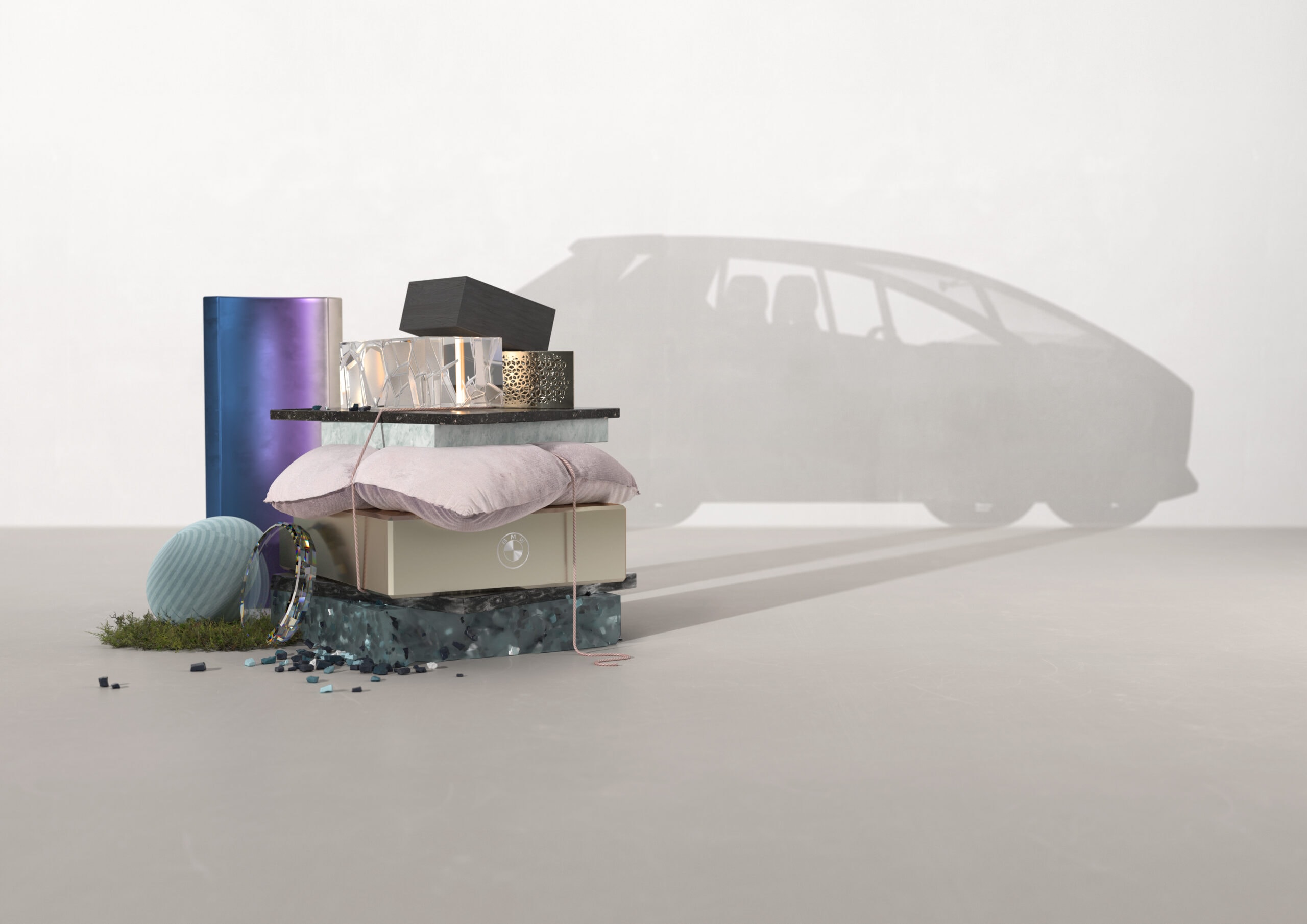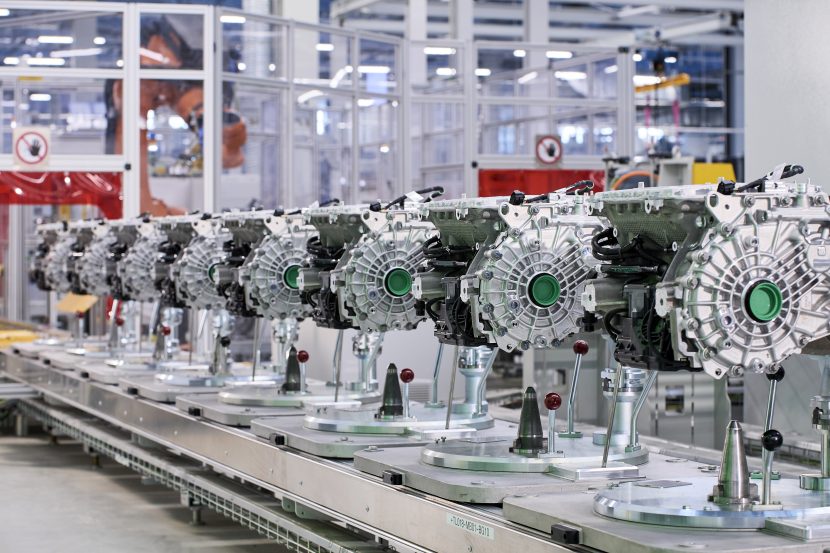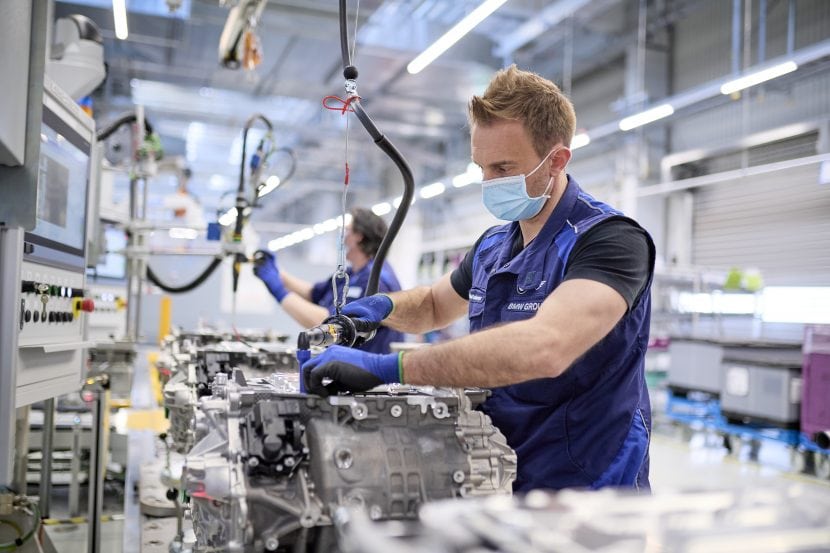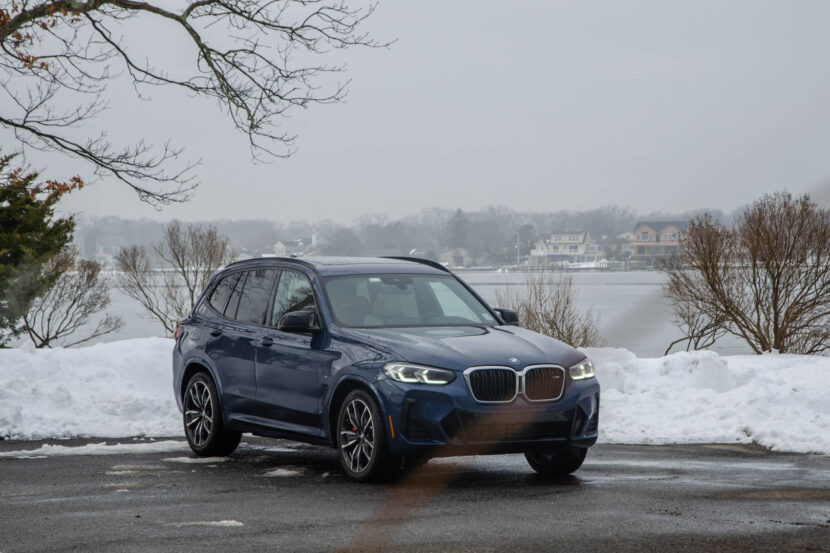The new architecture developed by BMW for its electric cars, the Neue Klasse, will be focusing not just on creating the modular structure needed for these cars to take shape but also on its impact on the environment. BMW has repeatedly said that it aims to keep its carbon footprint in check and the Neue Klasse will allow it to follow through on its promises by focusing on a circular economy and recycling.
“How companies are dealing with CO2 emissions has become a major factor when it comes to judging corporate action. The decisive factor in the fight against global warming is how strongly we can improve the carbon footprint of vehicles over their entire life span. This is why we are setting ourselves transparent and ambitious goals for the substantial reduction of CO2 emissions; these are validated by the Science Based Targets Initiative and will deliver an effective and measurable contribution,” said Oliver Zipse, Chairman of the Board of Management of BMW AG, in Munich on Thursday.
BMW’s CO2 footprint is made up of the utilization phase of the cars up to 70%. According to the announced plans, the goal of the company is to reduce those levels by at least half by 2030, compared to the 2019 level. Furthermore, BMW is committing to achieve full climate neutrality over the entire value-added chain by 2050 at the latest. In order to do this, BMW will need to invest in electric mobility.
To this end, over the next ten years or so, the company plans on putting around ten million all-electric vehicles on the road. As early as 2030, at least half of the global BMW Group sales will be all-electric vehicles, with the MINI brand offering exclusively all-electric vehicles from 2030. Simply increasing the number of electric cars on the road won’t be enough though. That’s why the Neue Klasse platform will play an important role.
“2017 was the first time the world’s population consumed more than 100 billion tons of resources within a single year – a trend which we in the automotive industry must also counteract,” Zipse demanded. “This is a strategic issue, concerning not only ecological but also economic sustainability; the current development of commodity prices demonstrates the impact an industry that is dependent on limited resources must expect.”
As you would expect, the demand for resources like cobalt, nickel and aluminum will grow, but BMW will focus on recycling as much as possible, in order to keep up with the demand. Together with specialist partners, the BMW Group has already demonstrated that it’s technological feasible to achieve a recycling efficiency of over 90 percent. The amount of recycled nickel used for the high-voltage battery in the BMW iX is already as high as 50 percent, with the battery housing containing up to 30 percent secondary aluminum.
Right now, up to about 30 percent of the materials used in the making of BMW products are recycled. BMW’s goal is to raise this figure to 50% in the future without affecting the quality, safety or reliability of the final product. In order to make this a feasible plan, the whole development process must be redone. That’s because, recycling a material demands a certain mixture of components. The purer the initial product is, the easier it is to recycle it. This is where the Neue Klasse comes in, as it will be developed so that it allows for better recycling over the long run.







































































